Ginger For Hair Growth: 8 Easy Ways To Boost Scalp Health
Say 'hi' to this zingy rhizome because it may be the answer to your hair fall.
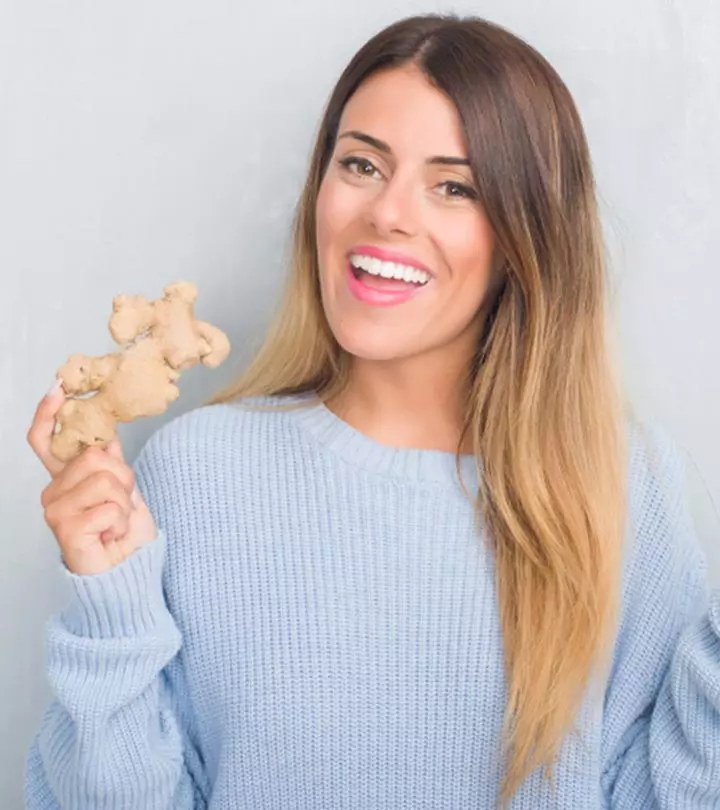
Image: Shutterstock
Nature has provided remedies for most of the health issues we face today. And ginger, a rhizome widely used as a spice and ayurvedic medicine, is one of those gifts to us. While it has multiple benefits, we will discuss how ginger aids in hair growth. This super herb has many active circulating agents and essential nutrients that help promote hair growth. This article talks about ginger’s role in hair growth and how you can include it in your hair care routine. Keep scrolling!
In This Article
Does Ginger Aid Hair Growth?
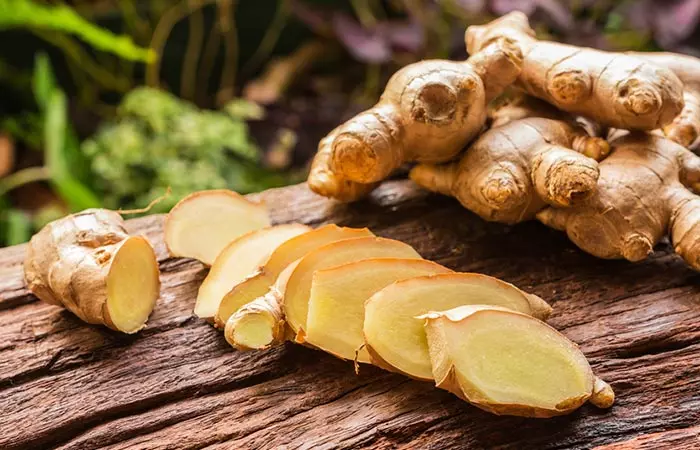
Ginger has traditionally been used to reduce hair loss and promote hair growth. However, the scientific research related to this is conflicting:
- Ginger contains antioxidants and circulatory agents that help stimulate blood circulation. This, in turn, may trigger healthy hair growth. A study conducted on people with alopecia areata found that ginger extract reduces oxidative stress and improves the rate of hair growth (1).
- A study conducted in India concluded that a herbal gel containing ginger extract has the ability to promote hair growth (2).
- Moreover, the active ingredient and antioxidant, i.e., gingerol, found in ginger helps relax the blood vessels and improves the circulation of blood (3). This allows for the improved nourishment of hair follicles, which may promote faster hair growth.
- But, on the contrary, a study conducted on gingerol on mice found that it can inhibit hair growth (4).
Taiba Rana, a blogger, shared her experience of using ginger root for hair growth. She said, “Within a few weeks, I noticed a reduction in hair fall, and my hair started to feel thicker and stronger. The mask not only promoted hair growth but also left my hair smelling fresh and looking shiny (ⅰ).”
As you can see, there is conflicting evidence surrounding the hair growth-promoting effect of ginger. However, ginger does offer a few other benefits for hair. Check them out in the next section.
Key Takeaways
- Ginger is high in antioxidants and circulatory agents that boost blood flow and promote healthy hair growth.
- Ginger’s antifungal, anti-inflammatory, and antiseptic properties aid with dandruff treatment.
- You can use ginger in the form of ginger oil, ginger hair mask, and ginger juice for hair with other carrier or essential oils.
- Apply ginger juice twice or thrice a week to reap its maximum benefits.
Other Benefits Of Ginger For Hair
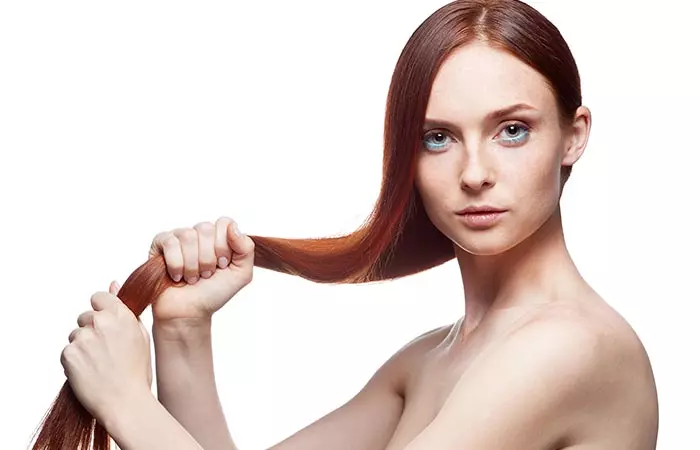
1. Prevents Hair Loss
Fresh ginger root contains magnesium, potassium, phosphorus, and vitamins (5). These nutrients nourish your hair follicles, making them strong and preventing hair loss. It also contains essential fatty acids like linoleic acid (6). A deficiency of polyunsaturated fatty acids such as linoleic acid can result in hair loss (7). Thus, having ginger with this essential acid may help prevent hair loss.
Furthermore, free radicals can cause hair thinning and hair loss. Ginger is rich in the antioxidant gingerol, which helps fight free radicals (8).
Excess amount of DHT (a hormone) can shrink the hair follicles, which in turn, results in hair loss. Ginger has the ability to inhibit the enzyme 5α-reductase, which plays a key role in converting testosterone to DHT (dihydrotestosterone) (9). Hence, it could be an excellent remedy for those who are suffering from androgenic alopecia.
2. Controls Dandruff
Dandruff and hair loss often go hand in hand. This happens because the dead skin cells clog your follicles, leading to hair fall. Ginger, one of the potential herbs to control hair fall, has potent antifungal, anti-inflammatory, and antiseptic properties that help control dandruff (10), (11). Along with ginger, you may also know about other potent herbs for hair loss that can help you regain your hair density.
Ginger can be used in various forms for its hair benefits. Check out the next section to find out more.
How To Use Ginger For Hair?
If we talk about herbs for hair growth, ginger will surely be mentioned. While the properties of ginger make it an excellent hair treatment, there is often some confusion when it comes to what form of ginger to use to form a potent remedy. You can use ginger in the form of ginger oil, ginger juice, and ginger hair mask along with other carrier or essential oils. Using ginger in its powdered form may be a convenient option, but fresh ginger root contains more of the essential nutrients that make it beneficial for hair care. Scroll down to find out how to use ginger for its hair benefits.
1. Ginger With A Carrier Oil
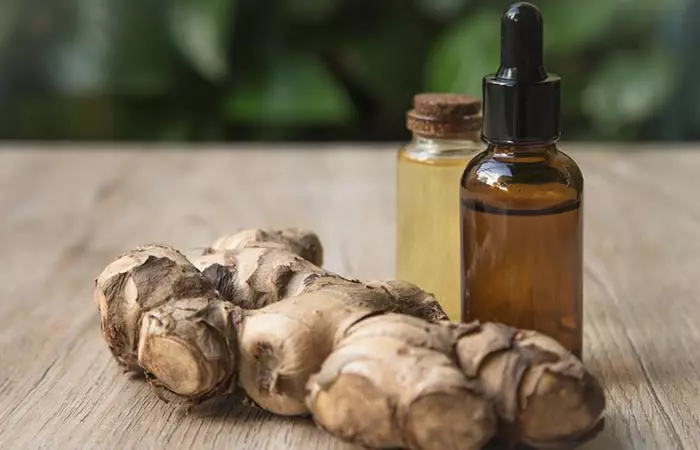
Ginger, combined with the conditioning properties of olive, coconut, or jojoba oil, can nourish and strengthen your hair (12), (13).
You Will Need
- 1 tablespoon ginger paste
- 1 tablespoon carrier oil (olive, jojoba, or coconut oil)
Process
- Combine the ginger paste and the carrier oil in a bowl.
- Section your hair and massage the ginger oil into your scalp using your fingertips.
- Once your entire scalp is covered in the oil, massage it for an additional 5 minutes to improve blood circulation.
- Leave the oil on your hair for at least 30 minutes, then rinse it out with shampoo.
How Often?
2 times a week.
2. Ginger And Lemon Juice Mask
The collagen-boosting properties of lemon combined with the antimicrobial properties of ginger, work to restore the pH of the scalp while promoting hair health (14), (15).
You Will Need
- 2 tablespoons grated ginger
- 3 tablespoons sesame oil
- 1/2 teaspoon lemon juice
Process
- Blend all the ingredients until you get a smooth, consistent paste.
- Apply this paste to your scalp and hair and leave it on for 30 minutes.
- Rinse it off with shampoo.
How Often?
2 times a week.
 Quick Tip
Quick Tip3. Ginger Paste For Hair Growth
Ginger paste, with its potent antimicrobial and nourishing properties, can help tackle hair fall and stimulate hair regrowth. However, limited studies are available to prove this claim. This is one of the simplest and most efficient ways to use ginger in your beauty and hair care routine.
You Will Need
- 2 tablespoons grated ginger
- Water
Process
- Blend the grated ginger with a small amount of water until you get a slightly runny paste.
- Apply this paste to your scalp and let it sit for 45 minutes to an hour.
- Rinse it off with water.
How Often?
2 times a week if you have been experiencing severe hair fall.
4. Ginger And Moringa
leaves contain calcium, zinc, iron, copper, potassium, manganese, and magnesium. They are also rich in vitamins A, C, D, E, and K and other antioxidants that help keep hair healthy and free from damage (16).
You Will Need
- 1 tablespoon grated ginger
- A handful of moringa leaves
- 2 cups of water
Process
- Boil the moringa (drumstick) leaves and grated ginger in two cups of water for 5-10 minutes.
- Once the concoction has cooled, strain the liquid and set it aside in a jug.
- Shampoo and condition your hair and then pour the liquid through it as a final rinse.
How Often?
Once a week.
5. Ginger With Cucumber, Coconut Oil, And Basil Oil
Cucumber can boost hair growth, while basil exhibits anti-pityrosporum activity, which can help curb dandruff (17), (18).
You Will Need
- 1 tablespoon grated ginger
- 1/2 cup chopped cucumber
- 1 tablespoon coconut oil
- 1 tablespoon basil oil
Process
- Blend all the ingredients until you get a consistent paste.
- Apply the paste to your scalp and hair in sections.
- Once your hair is covered in the paste, let it sit for 30 minutes.
- Wash it off with shampoo.
How Often?
2 times a week.
6. Ginger And Onion For Hair Growth
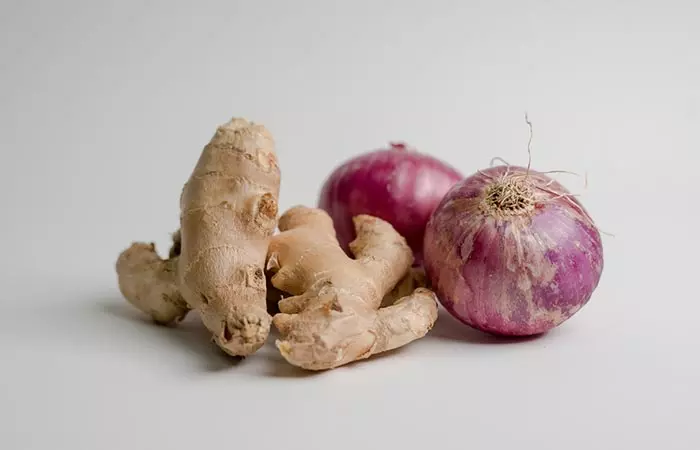
Onion is a rich source of sulfur, which helps in follicle regeneration (19). This mixture helps stimulate hair growth from the dormant follicles, making your hair thicker while speeding up hair growth.
You Will Need
- 2 tablespoons grated ginger
- 1 grated onion
Process
- Squeeze the grated onion and ginger in a cheesecloth and collect the juice.
- Use a cotton ball to dab this ginger juice onto your scalp.
- Wait for 20 minutes and then wash your hair.
How Often?
3 times a week.
7. Ginger And Garlic Paste
Garlic is another ingredient that is rich in sulfur. It helps stimulate hair growth from dormant hair follicles (20). This mask also helps repair hair damage with the help of honey, coconut milk, and coconut oil. While honey acts like a conditioner for your hair, coconut milk and oil nourish the hair with essential vitamins and minerals, making it healthy and damage-free (21), (22).
You Will Need
- 1 teaspoon grated ginger
- 2 teaspoons honey
- 2 tablespoons coconut milk
- 2 tablespoons coconut oil
- 3 cloves of garlic
Process
- Blend the ingredients until you get a smooth paste.
- Section your hair and apply the mask to your scalp and hair.
- Once all of your hair is covered, let the mask sit for 30 minutes.
- Wash it off with shampoo.
How Often?
2 times a week.
 Quick Tip
Quick Tip8. Ginger Shampoo For Dandruff
Ginger exhibits antiseptic and antifungal properties that make it beneficial for treating dandruff (23). It is rich in antioxidants and displays antimicrobial properties, which helps keep the scalp clean and itch-free.
You Will Need
- 2 teaspoons grated ginger
- 1 cup water
- A few drops of rosemary essential oil
- ½ cup castile soap
Process
- Boil the water and add grated ginger.
- Let it simmer for 1-2 minutes, then strain the liquid in a bowl.
- Add a few drops of rosemary oil and castile soap to the water.
- Stir well and transfer to a clean bottle.
- Use it like a regular shampoo.
How Often?
1-2 times a week.
These are some simple yet effective ways to use ginger for its hair benefits. But, can you apply ginger juice to your hair daily? Scroll down for the answer!
Can You Apply Ginger Juice Daily On Your Hair?
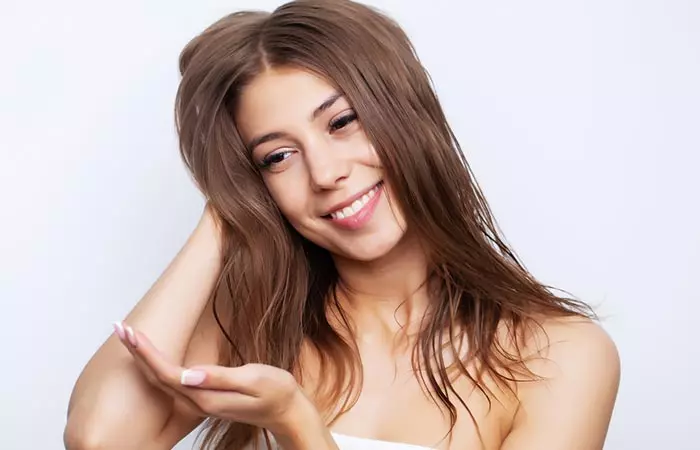
You can apply ginger juice twice or thrice a week to reap its maximum benefits. Apply this juice to your hair and rinse it off after 30 minutes with mild shampoo for good results.
Ginger is an effective remedy for hair. But does it help treat bald spots? Find out more about gingers role in treating bald spots below.
Does Ginger Help Reduce Bald Spots?
There is limited research available in this regard. The vitamins, minerals, and antioxidants available in ginger may aid in hair growth and improve the health of your hair. A scalp massage with ginger can help stimulate the hair follicles and further circulate the DHT away from the scalp, which causes the thinning of hair.
White hair is a sign of aging. However, you may encounter graying hair at an early age due to many reasons. Does ginger help you to deal with hair graying? Find out more in the following section.
Is Ginger Good For Reducing Gray Hair?
As you age, your body is not able to produce melanin, which is responsible for your natural hair color. Ginger contains essential vitamins and minerals that are responsible for melanin production. Though it is said that it can help prevent graying at an early age, there is no scientific research to prove this claim.
Though ginger is generally safe for many people, it does have some side effects that you need to keep in mind. Check them out in the next section.
Side Effects Of Using Ginger
Generally, ginger is regarded as safe for most people. But, if you are allergic to ginger, you should avoid applying it to your hair and scalp. Make sure to do a patch test (rub a piece of ginger on the inside of your elbow) and wait for 24 hours before using it on your scalp to check for any adverse reactions like itching, inflammation, redness, and burns. If you observe these kinds of reactions, do not proceed with using ginger in any form.
Infographic: 5 Easy Ways To Use Ginger For Healthy Hair
While ginger is a common ingredient used in cooking and medicine, it contains essential nutrients that may improve your overall hair health. We have rounded up five simple ways you can add ginger to your regular hair routine. Check out the infographic below to know more!
Some thing wrong with infographic shortcode. please verify shortcode syntax
While ginger has been shown to help stop hair loss and manage dandruff, evidence of its hair growth-boosting properties is inconclusive. While some researchers suggest that ginger may aid hair development, there is also evidence that it may hinder hair growth. As a result, be cautious and exercise your best judgment before applying it to your hair. If you have a ginger allergy, you should avoid using it on your hair and scalp. If your hair loss persists, see a doctor to determine what is causing it and how to treat it. However, there are more remedies for hair growth that you can explore alongside ginger for better results.
Frequently Asked Questions
Which one is best for hair growth – ginger or onion?
Both ginger and onion may help promote hair growth. Ginger nourishes the hair follicles, while onion promotes follicle regeneration. Anecdotal evidence suggests that a combination of both may be effective for hair growth.
Can I leave ginger on my hair overnight?
There is no evidence suggesting a specific time to leave ginger in your hair. However, leaving it on for 30 minutes to an hour is enough.
Can ginger be used for both men and women experiencing hair loss or thinning?
Yes. Anybody experiencing hair loss or thinning can try using ginger to remedy their condition, regardless of their gender. However, as we have seen that ginger’s efficacy in aiding hair growth is inconclusive, it may not show impressive results.
How long does it take to see results when using ginger for hair growth?
While ginger’s effectiveness in promoting hair growth is not scientifically proven, it does improve your hair and scalp health. With 2-3 months of regular use, you may notice improvement in your overall hair health.
Should I use fresh ginger or ginger essential oil for hair growth?
You can use both fresh ginger as well as ginger essential oil for hair growth. However, when using the essential oil, remember to dilute it using a carrier oil to avoid probable side effects.
Can I consume ginger to promote hair growth?
You may consume ginger to experience improved blood circulation in the scalp which may promote hair health. However, eating ginger and enhanced hair growth do not share a scientific relation.
Can ginger be used on chemically treated or colored hair?
Using ginger on chemically or color-treated hair may damage the effects of the treatments. There it is best to avoid applying ginger to your hair if you wish to enjoy the effects of your hair treatment.
What should I do if I experience any adverse reactions or allergies to ginger when using it for hair growth?
If the symptoms are mild, topical creams for irritated skin may help. However, if you notice severe symptoms, it is best to see a doctor.
Some thing wrong with illustration image shortcode. please verify shortcode syntax
Discover the amazing benefits of ginger juice for promoting hair growth in this informative video. Watch the video to learn how to make and apply ginger juice to nourish your scalp and achieve healthy, vibrant hair. Check it out now!
Personal Experience: Source
StyleCraze's articles are interwoven with authentic personal narratives that provide depth and resonance to our content. Below are the sources of the personal accounts referenced in this article.
i. How Ginger Root Transformed My Hair Growth Journey: A Personal Storyhttps://medium.com/@advtaibarana/how-ginger-root-transformed-my-hair-growth-journey-a-personal-story-e44b6885cb49
References
Articles on StyleCraze are backed by verified information from peer-reviewed and academic research papers, reputed organizations, research institutions, and medical associations to ensure accuracy and relevance. Read our editorial policy to learn more.
- Ginger Extract Reduces Oxidative Stress and Improves the Clinical Outcomes in Patients with Alopecia Areata
https://www.researchgate.net/publication/343774515_Ginger_Extract_Reduces_Oxidative_Stress_and_Improves_the_Clinical_Outcomes_in_Patients_with_Alopecia_Areata - Investigation of hair growth promoting ability of herbal gel containing Zingiber officinale,
https://www.researchgate.net/publication/337113059_Investigation_of_hair_growth_promoting_ability_of_herbal_gel_containing_Zingiber_officinale - Indian Spices for Healthy Heart – An Overview,
https://www.ncbi.nlm.nih.gov/pmc/articles/PMC3083808/ - 6-Gingerol Inhibits Hair Shaft Growth in Cultured Human Hair Follicles and Modulates Hair Growth in Mice,
https://www.ncbi.nlm.nih.gov/pmc/articles/PMC3578824/ - Biological Basis for the Use of Botanicals in Osteoarthritis and Rheumatoid Arthritis: A Review,
https://www.ncbi.nlm.nih.gov/pmc/articles/PMC1193557/ - Linoleic acid,
https://pubchem.ncbi.nlm.nih.gov/compound/Linoleic-acid - Diet and hair loss: effects of nutrient deficiency and supplement use,
https://www.ncbi.nlm.nih.gov/pmc/articles/PMC5315033/ - Anti-Oxidative and Anti-Inflammatory Effects of Ginger in Health and Physical Activity: Review of Current Evidence,
https://www.ncbi.nlm.nih.gov/pmc/articles/PMC3665023/ - 5α-Reductase inhibition and hair growth promotion of some Thai plants traditionally used for hair treatment,
https://www.researchgate.net/publication/51896756_5a-Reductase_inhibition_and_hair_growth_promotion_of_some_Thai_plants_traditionally_used_for_hair_treatment - COMPARATIVE STUDY OF ANTI DANDRUFF ACTIVITY OF SYZYGIUM AROMATICUM AND ZINGIBER OFFICINALE,
https://www.researchgate.net/publication/286931805_COMPARATIVE_STUDY_OF_ANTI_DANDRUFF_ACTIVITY_OF_SYZYGIUM_AROMATICUM_AND_ZINGIBER_OFFICINALE - Preclinical and Clinical Studies Demonstrate That the Proprietary Herbal Extract DA-5512 Effectively Stimulates Hair Growth and Promotes Hair Health,
https://www.hindawi.com/journals/ecam/2017/4395638/ - Investigation of hair growth promoting ability of herbal gel containing Zingiber officinale,
https://pdfs.semanticscholar.org/2f23/c850760d4133038333f190107e769729d05b.pdf?_ga=2.198875178.485987396.1646895133-531679727.1632467490 - Hair Cosmetics: An Overview,
https://www.ncbi.nlm.nih.gov/pmc/articles/PMC4387693/ - Citrus limon (Lemon) PhenomenonA Review of the Chemistry, Pharmacological Properties, Applications in the Modern Pharmaceutical, Food, and Cosmetics Industries, and Biotechnological Studies,
https://www.ncbi.nlm.nih.gov/pmc/articles/PMC7020168/ - Shampoo and Conditioners: What a Dermatologist Should Know?,
https://www.ncbi.nlm.nih.gov/pmc/articles/PMC4458934/ - Medicinal Profile, Phytochemistry, and Pharmacological Activities of Murraya koenigii and Its Primary Bioactive Compounds,
https://www.ncbi.nlm.nih.gov/pmc/articles/PMC7070712/ - Basil: A natural source of antioxidants and neutraceuticals,
https://www.researchgate.net/publication/267031488_Basil_A_natural_source_of_antioxidants_and_neutraceuticals - To study the antidandruff activity of rosemary oil, basil oil, coleus oil over selenium sulfide,
https://jpbs-online.com/issueforpublication.aspx?Article=JPBS_6_2018https://jpbs-online.com/issueforpublication.aspx?Article=JPBS_6_2018 - Onion juice (Allium cepa L.), a new topical treatment for alopecia areata,
https://pubmed.ncbi.nlm.nih.gov/12126069/ - TREATMENT OF ALOPECIA AREATA WITH TOPICAL GARLIC EXTRACT,
https://www.researchgate.net/publication/260656650_TREATMENT_OF_ALOPECIA_AREATA_WITH_TOPICAL_GARLIC_EXTRACT - Honey in dermatology and skin care: a review,
https://pubmed.ncbi.nlm.nih.gov/24305429/ - How well do plant based alternatives fare nutritionally compared to cows milk?,
https://www.ncbi.nlm.nih.gov/pmc/articles/PMC5756203/ - Preclinical and Clinical Studies Demonstrate That the Proprietary Herbal Extract DA-5512 Effectively Stimulates Hair Growth and Promotes Hair Health
https://www.ncbi.nlm.nih.gov/pmc/articles/PMC5756203/
Read full bio of Tiffany Young
Read full bio of Arshiya Syeda
Read full bio of Anjali Sayee
Read full bio of Monomita Chakraborty






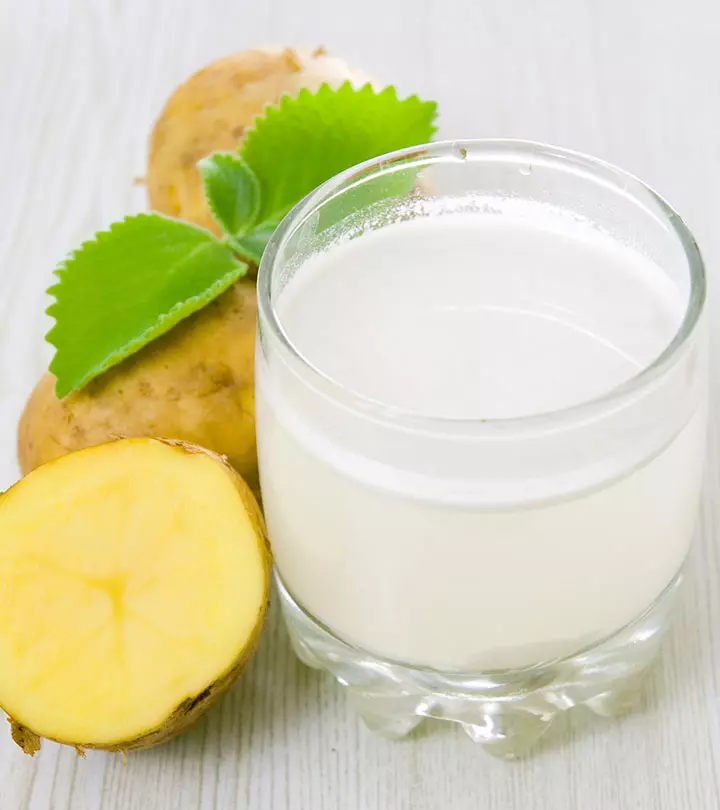
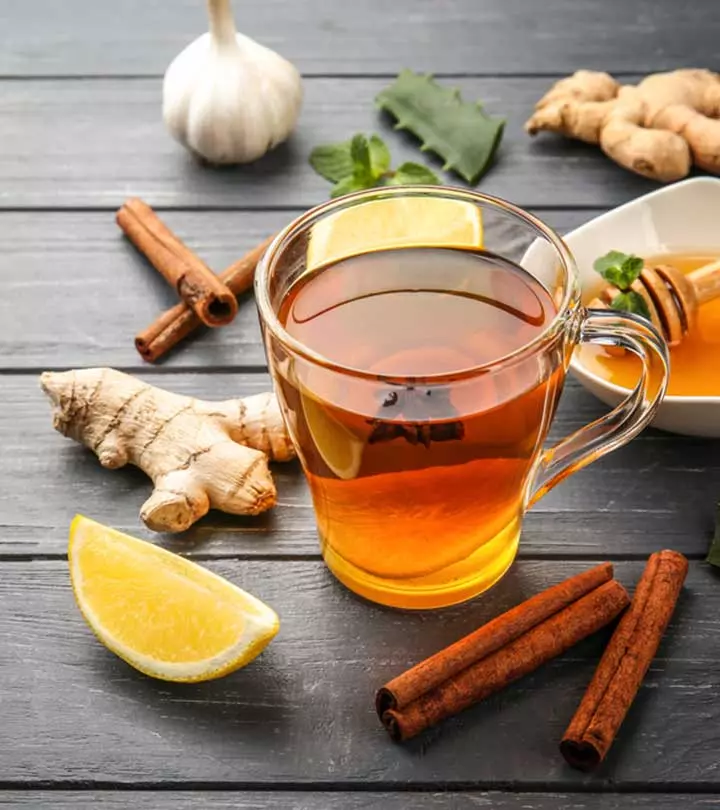
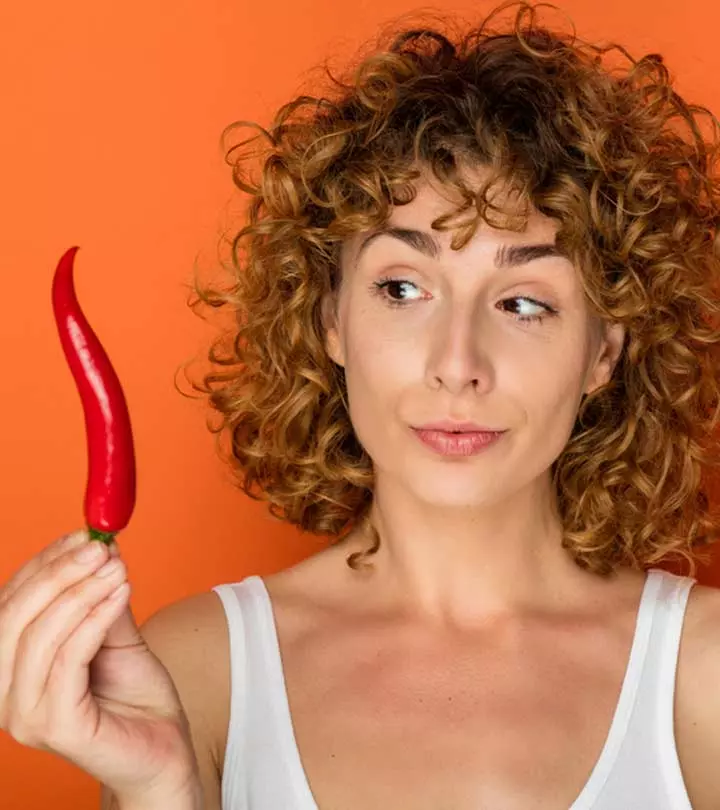
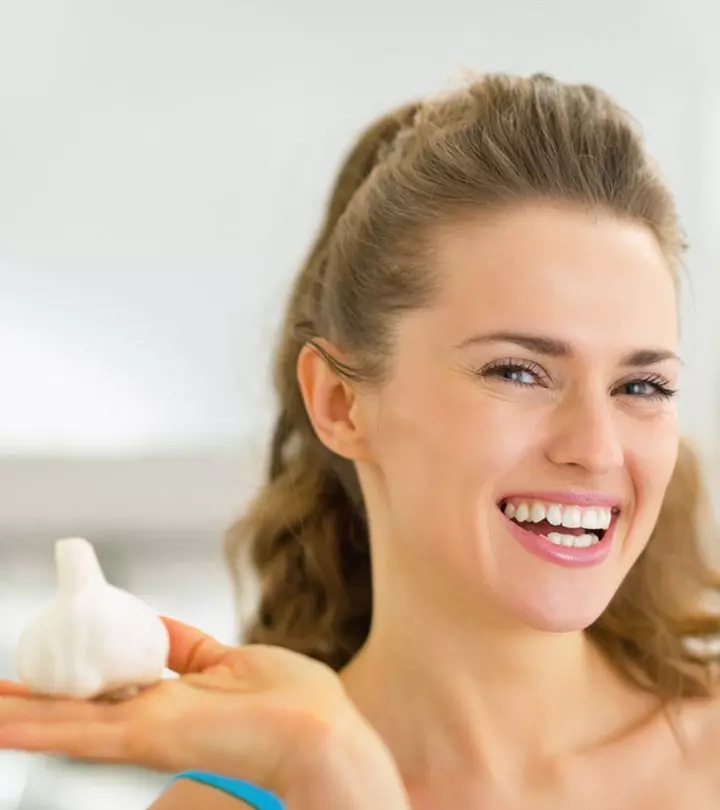
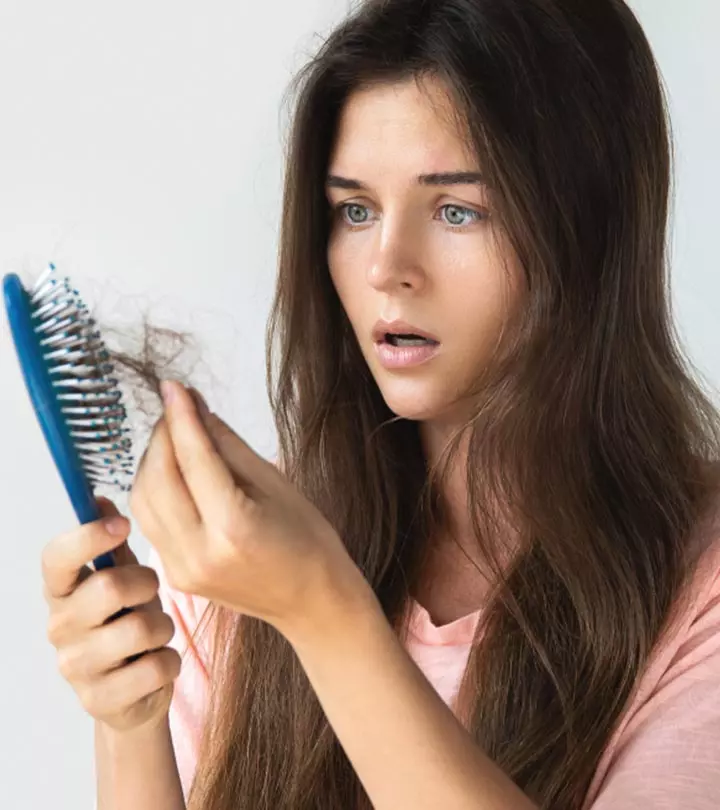
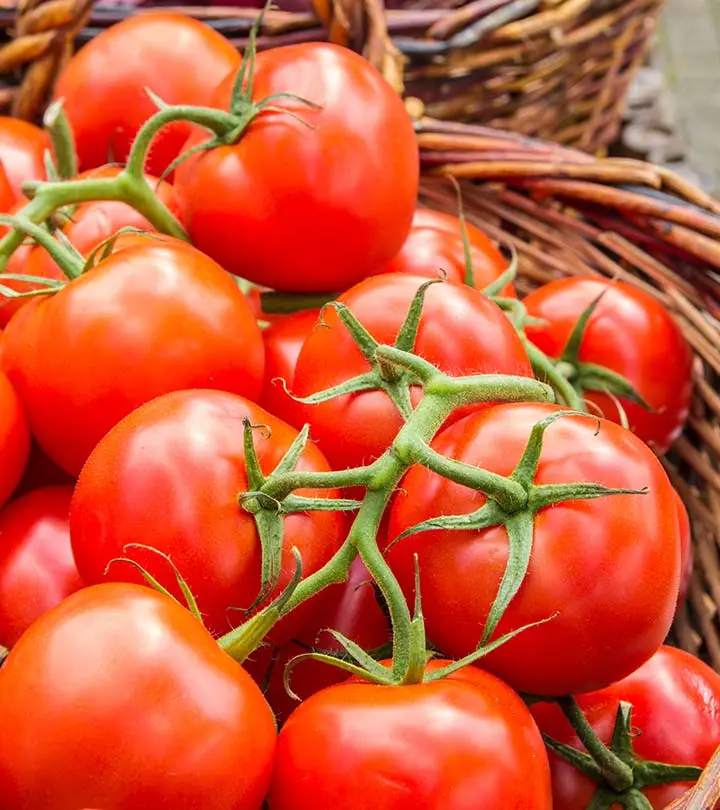
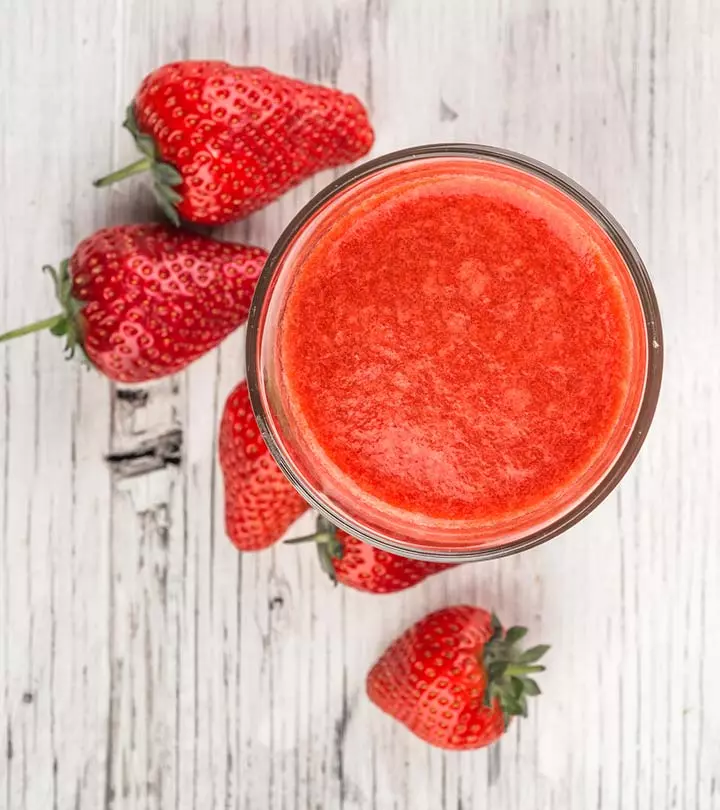
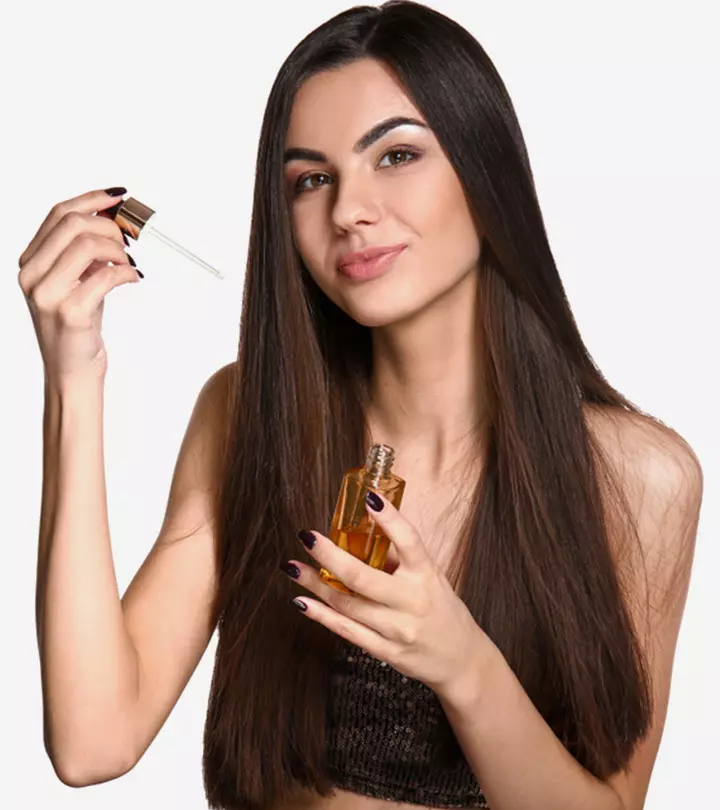
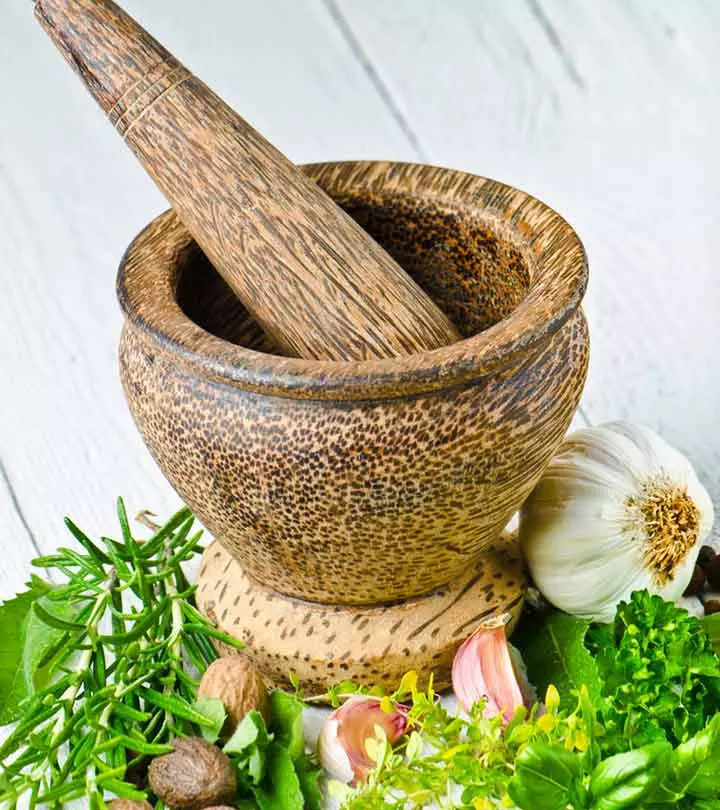
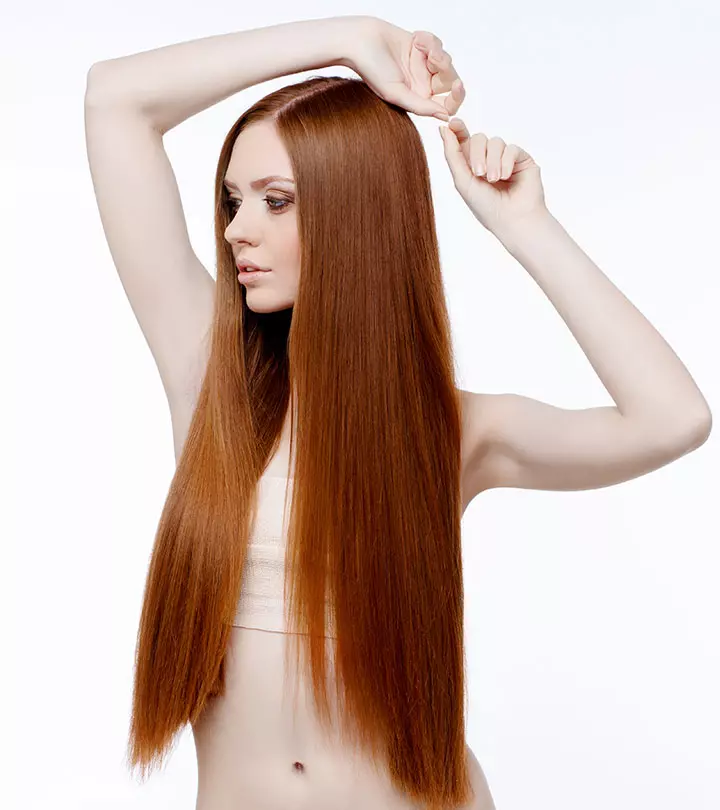
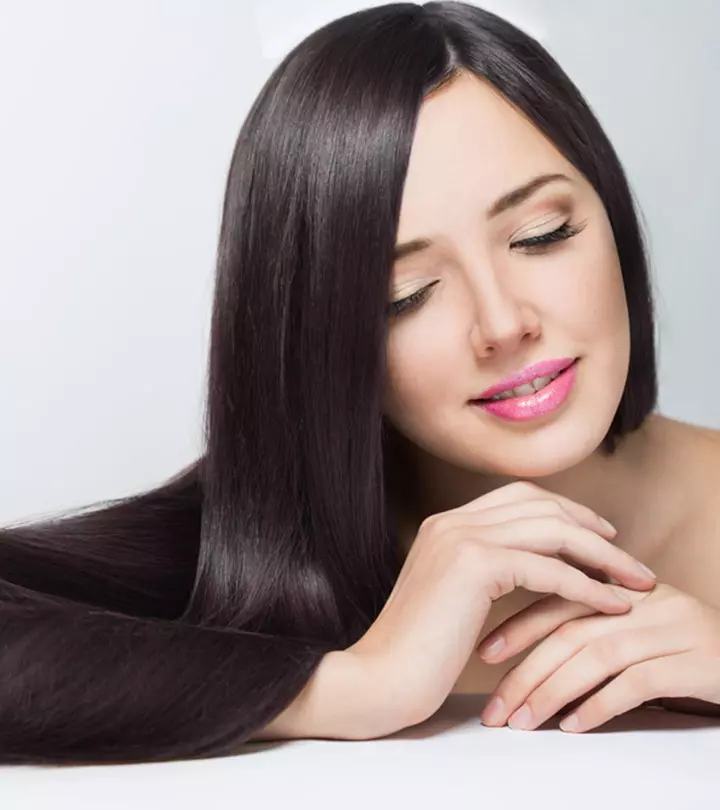
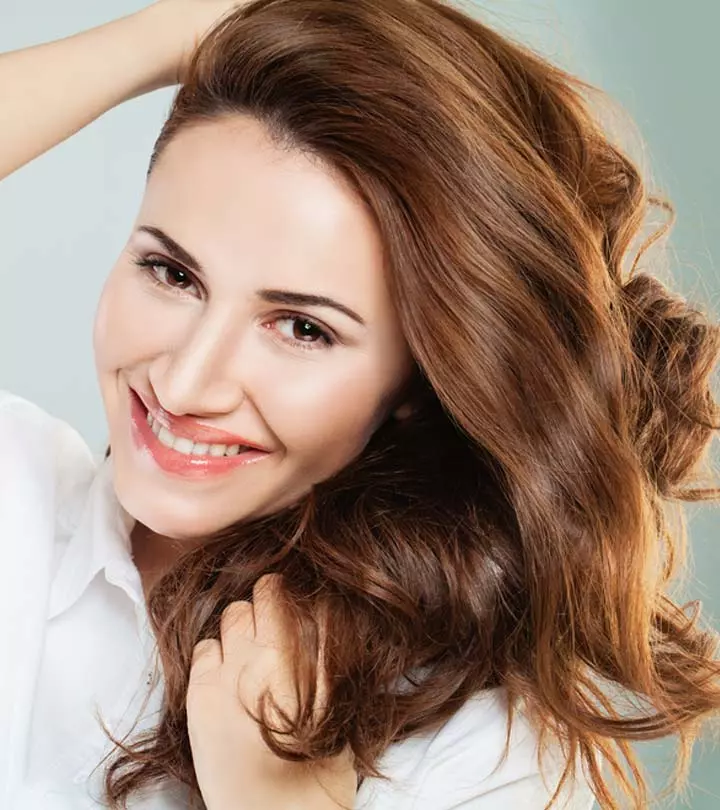
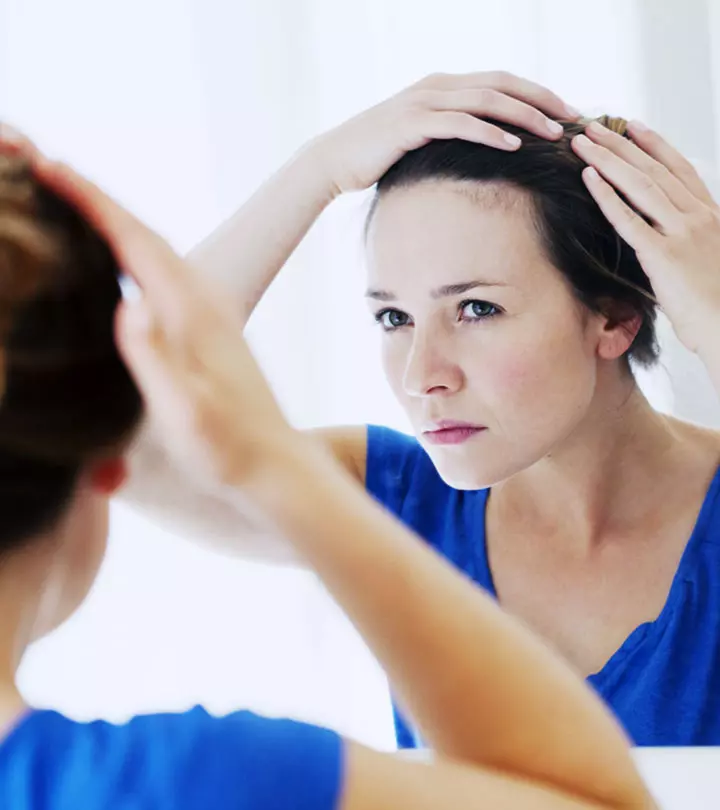
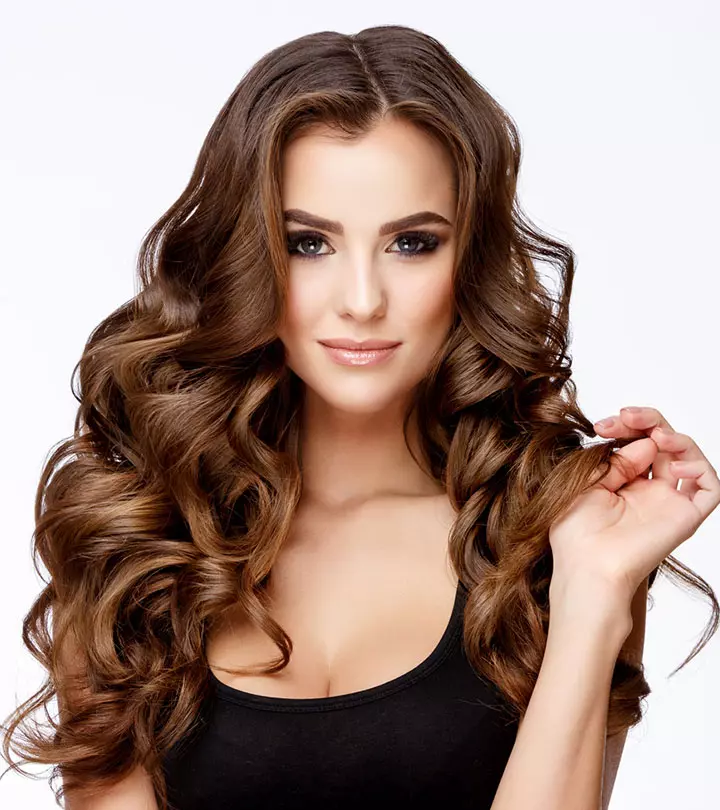
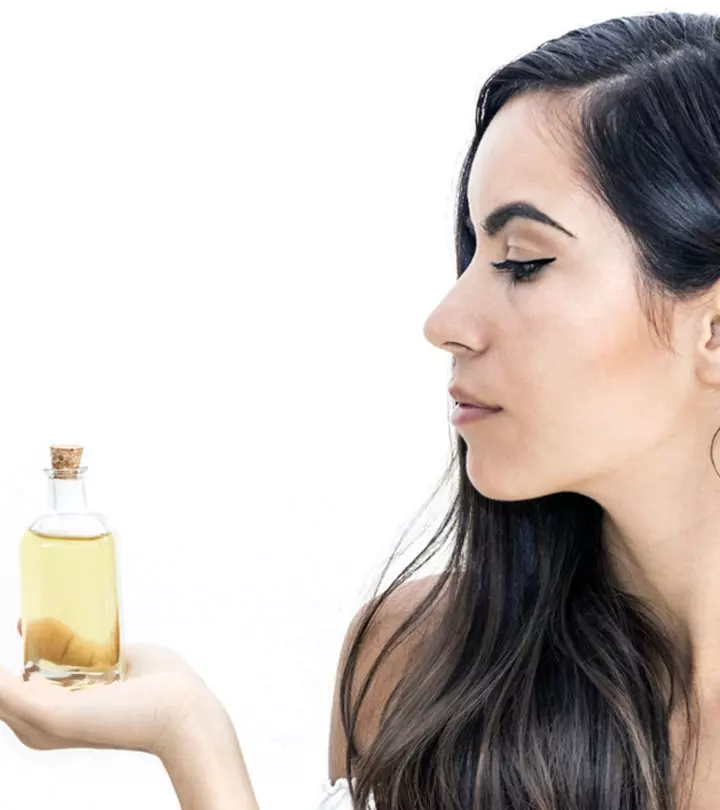
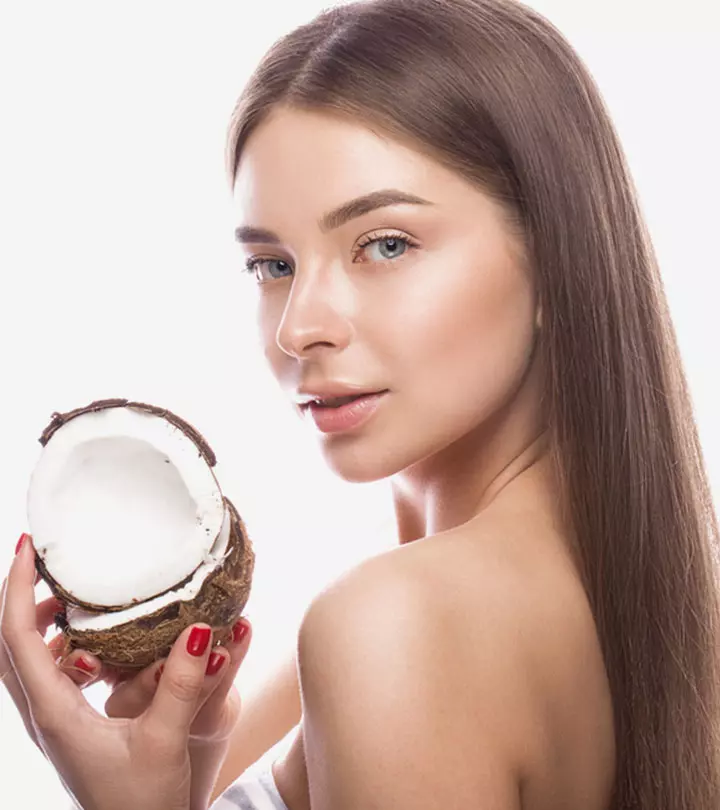

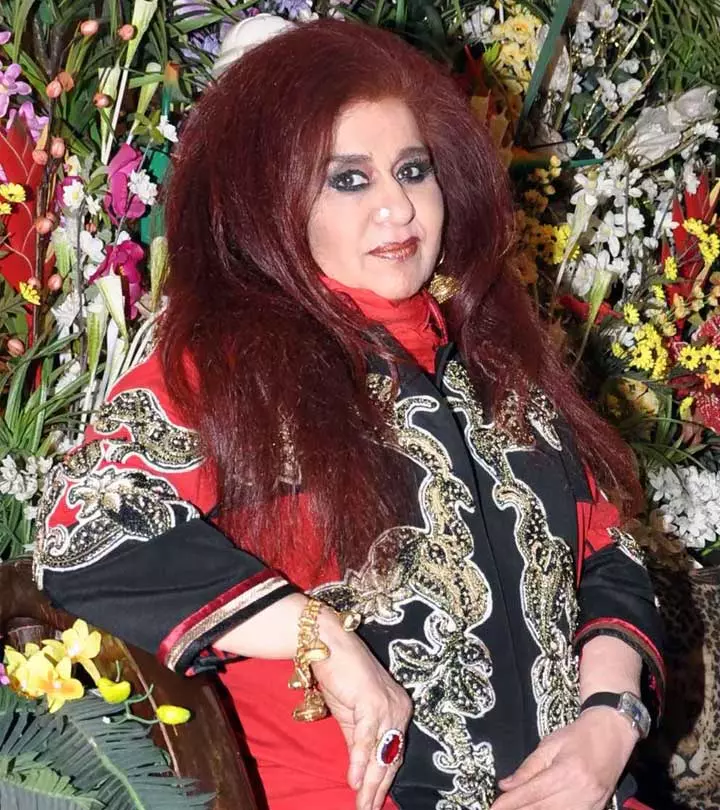

Community Experiences
Join the conversation and become a part of our empowering community! Share your stories, experiences, and insights to connect with other beauty, lifestyle, and health enthusiasts.